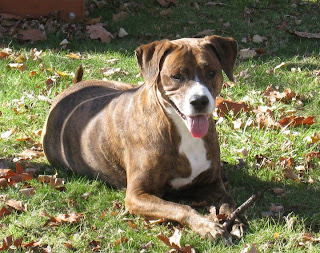I started working for The Veterinary Cancer Center roughly 3
months ago as the new Referral Coordinator.
When I started with The Veterinary Cancer Center a few short months ago,
I had no idea how incredible this place was and the profound impact The Veterinary
Cancer Center has played in so many people’s lives. I came to The VCC with no prior medical
knowledge or veterinary experience looking for a new challenge, and to find a
career that I could be passionate about.
What I found when I got her was all of that and so much more.
As I mentioned, I do not have a background in veterinary
medicine and, to be completely honest, I never would have thought my career
path would have brought me to The VCC, but I am fortunate that it did. I have spent a large part of my career in
sales, marketing and management so the question I am often asked is “How did you
end up working at The Veterinary Cancer Center.” Well the answer to that question is easy… I
love animals and I was presented with an opportunity to be part of a place that
helps pets and their owners during a very difficult time. The VCC provides hope to pets and their
owners when, often times, there is very little and that is something not only
to be passionate about, but to be proud
of.
During a time when so many people are either looking for a
job, or find themselves in a job that does not make them happy, I am extremely thankful that I was brought in
to be part of The VCC team. Almost
everyone I know either has had a pet with cancer or knows someone that has so, I am very familiar with how difficult it can
be. It can be one of the hardest things
to deal with and to know that I work for a place that will do everything to
provide hope for the pet and the owner is pretty powerful. For those of you that have a hard time
believing what you reading, I urge you to come down to The Veterinary Cancer
Center and see for yourself. Once you do,
I assure you, that you will be just as amazed as I was when I walked through
the door.
